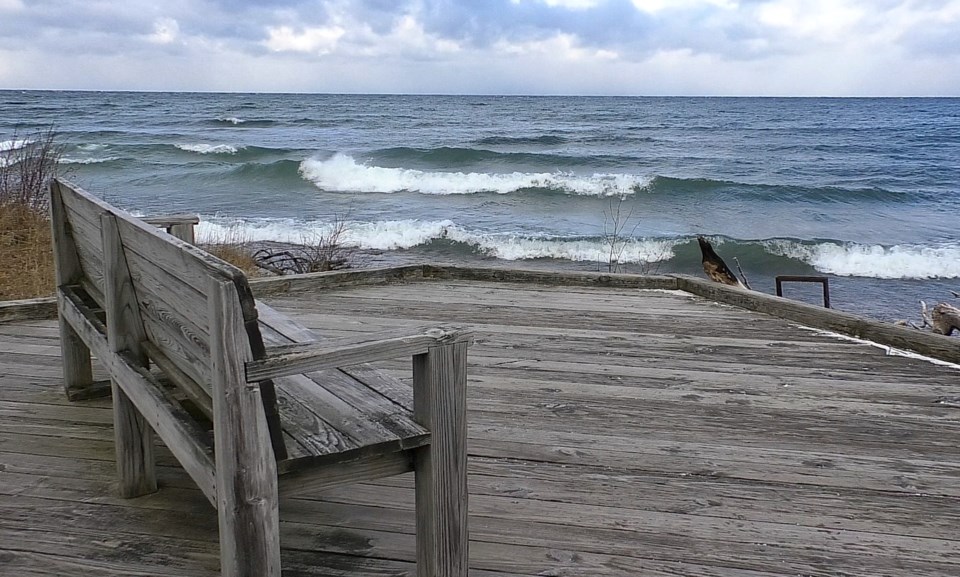NEWS RELEASE
MICHIGAN DEPARTMENT OF NATURAL RESOURCES
*************************
Rock snot, spotted lanternfly, balsam woolly adelgid … these are just a few of the invasive species that 10 years ago weren’t on the public radar as threats to Michigan’s woods and waters.
Today, however, thanks to the work of Michigan’s Invasive Species Program, university partners, nonprofits, volunteers and a robust network of cooperative invasive species management areas, there is greater awareness about the damages posed by these land and water invaders – but there’s still much work to do.
The recently released Michigan Invasive Species Program 2022 Annual Report highlights recent successes, outlines what’s needed to meet future challenges, and points to simple steps everyone can take in actively protecting the outdoor places and experiences we love.
The 2022 report discusses several topics, including:
- The many pathways to Michigan, and how effective prevention and early detection require knowledge of how a species might arrive in Michigan.
- Prevention-focused laws that require boaters to clean and drain boats and that prohibit or restrict possession or sale of harmful species.
- The power of rapid response when new detections arise.
- Effective communications and outreach, including workshops, site visits, social media, news stories and other efforts that reached more Michiganders.
Program history
Since 2014, Michigan’s Invasive Species Program has received $5 million in annual state funding to prevent the introduction and spread of invasive species and minimize harmful effects of those already established in the state. This support has substantially enhanced the program’s work on aquatic organisms, supported a terrestrial species program and established the $3.6 million annual Michigan Invasive Species Grant Program.
Looking ahead
Joanne Foreman, invasive species communications coordinator with the Michigan Department of Natural Resources, will address the program’s progress and potential impacts of new funding in the upcoming NotMISpecies webinar, Rowing the Boat: The Michigan Invasive Species Program 2022 Year in Review (9 a.m. Tuesday, March 21). Registration information and recorded versions of previous webinars are available on the NotMISpecies webpage.
*************************



